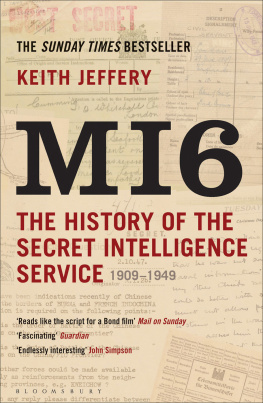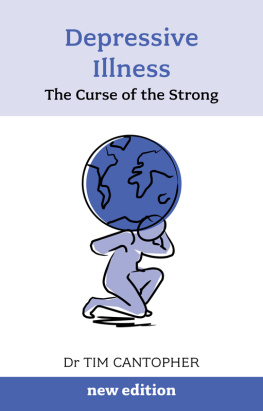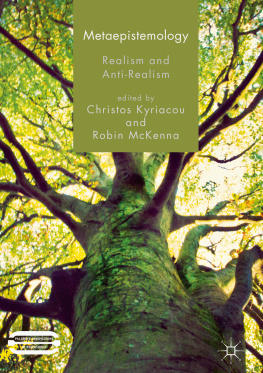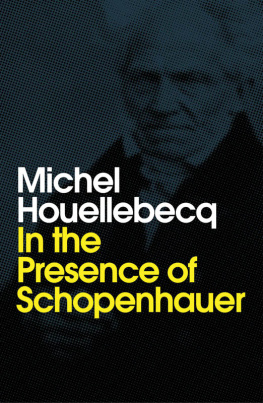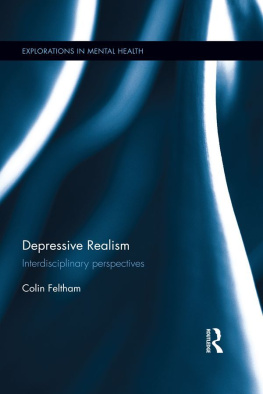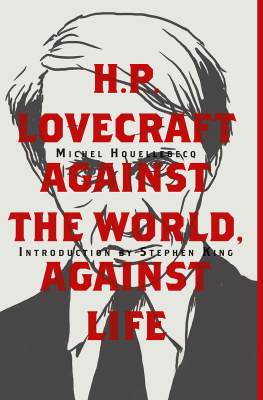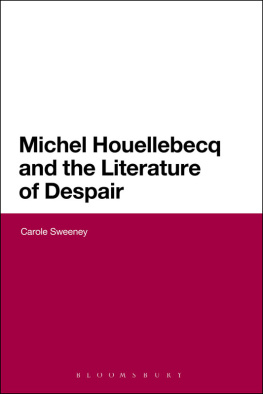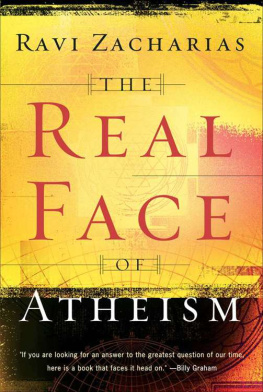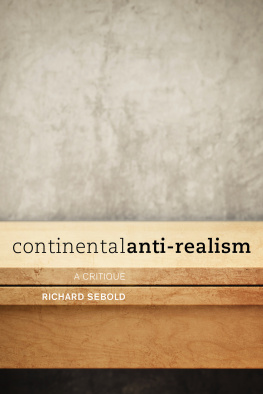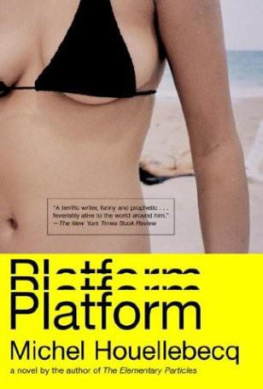Jeffery - Anti-Matter: Michel Houellebecq and Depressive Realism
Here you can read online Jeffery - Anti-Matter: Michel Houellebecq and Depressive Realism full text of the book (entire story) in english for free. Download pdf and epub, get meaning, cover and reviews about this ebook. City: Lanham, year: 2011, publisher: O-Books, genre: Religion. Description of the work, (preface) as well as reviews are available. Best literature library LitArk.com created for fans of good reading and offers a wide selection of genres:
Romance novel
Science fiction
Adventure
Detective
Science
History
Home and family
Prose
Art
Politics
Computer
Non-fiction
Religion
Business
Children
Humor
Choose a favorite category and find really read worthwhile books. Enjoy immersion in the world of imagination, feel the emotions of the characters or learn something new for yourself, make an fascinating discovery.

Anti-Matter: Michel Houellebecq and Depressive Realism: summary, description and annotation
We offer to read an annotation, description, summary or preface (depends on what the author of the book "Anti-Matter: Michel Houellebecq and Depressive Realism" wrote himself). If you haven't found the necessary information about the book — write in the comments, we will try to find it.
Anti-Matter: Michel Houellebecq and Depressive Realism — read online for free the complete book (whole text) full work
Below is the text of the book, divided by pages. System saving the place of the last page read, allows you to conveniently read the book "Anti-Matter: Michel Houellebecq and Depressive Realism" online for free, without having to search again every time where you left off. Put a bookmark, and you can go to the page where you finished reading at any time.
Font size:
Interval:
Bookmark:
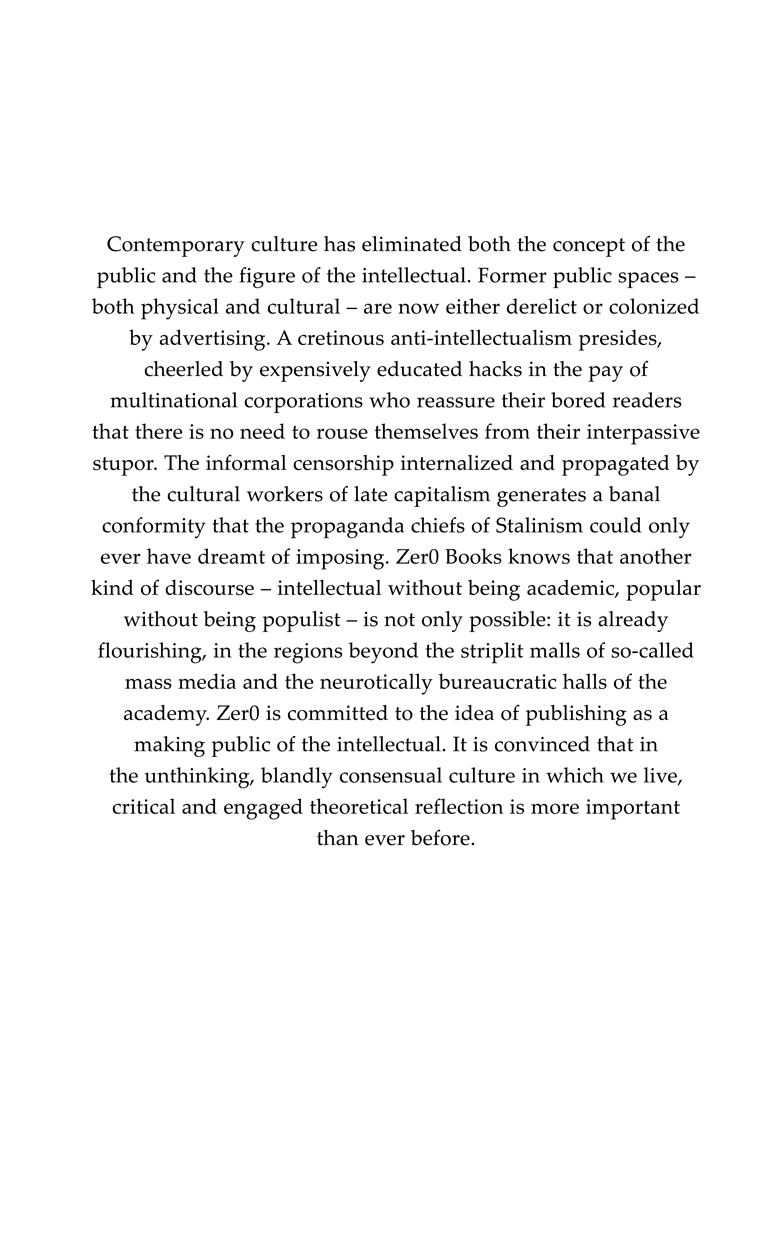

Anti-Matter:
Michel Houellebecq and
Depressive Realism
First published by Zero Books, 2011
Zero Books is an imprint of John Hunt Publishing Ltd., Laurel House, Station Approach,
Alresford, Hants, SO24 9JH, UK
office1@o-books.net
www.o-books.com
For distributor details and how to order please visit the Ordering section on our website.
Text copyright: Ben Jeffery 2011
ISBN: 978 1 84694 922 7
All rights reserved. Except for brief quotations in critical articles or reviews, no part of
this book may be reproduced in any manner without prior written permission from
the publishers.
The rights of Ben Jeffery as author have been asserted in accordance with the Copyright,
Designs and Patents Act 1988.
A CIP catalogue record for this book is available from the British Library.
Design: Lee Nash
Printed in the UK by CPI Antony Rowe
Printed in the USA by Offset Paperback Mfrs, Inc
We operate a distinctive and ethical publishing philosophy in all areas of our business, from our global network of authors to production and worldwide distribution.
For my parents
The idea that life is fundamentally not good, and cannot be fixed, has a prestigious history in Western arts and letters. The Iliad and the tragedies of Aeschylus and Sophocles provide unflinching visions of human misery and common helplessness against fate. From the English canon, King Lear is perhaps the work of unromanticised pain par excellence . Pessimism is exemplified in the Christian tradition by the writings of Blaise Pascal and the outlook of the Puritans (people who hated life and scorned the platitude that it is worth living, in H.P. Lovecrafts admiring words). Arch-pessimist Arthur Schopenhauer devoted an entire philosophy to the aim of demonstrating that existence was necessarily bad, driven by an unceasing, unquenchable, thoughtless cosmic Will to which we are all puppets, and by which we are inevitably destroyed. Life is a business that does not cover its costs, he said all is not for the best in the workings of the universe. We are thrown into the middle of a world we do not understand and cannot control. Our desires are mad and forever outstrip our means of satisfying them. Reality is something we must constantly repress in order to function.
What all varieties of pessimism have in common is the principle that the truth is undesirable that unhappiness coincides with the loss of illusions, and that, conversely, happiness is a type of fantasy or ignorance. In The Varieties of Religious Experience (1902), on the subject of optimism, William James wrote: The method of averting ones attention from evil, and living simply in the light of the good is splendid as long as it will work. It will work with many persons; it will work far more generally than most of us are ready to suppose. But, he adds:
there is no doubt that healthy-mindedness is inadequate as a philosophical doctrine, because the evil facts which it refuses positively to account for are a genuine portion of reality; and they may after all be the best keys to lifes significance, and possibly the only openers of our eyes to the deepest levels of truth.
The normal process of life contains moments as bad as any which insane melancholy is filled with, moments in which radical evil gets its innings and takes its solid turn. The lunatics visions of horror are all drawn from the material of daily fact. Our civilization is founded on the shambles, and every individual existence goes out in a lonely spasm of helpless agony. If you protest, my friend, wait until you arrive there yourself.
In his essay Mourning and Melancholia (1917), Sigmund Freud entertained the thought that depressive melancholy was a kind of sickness-by-truth, something that happens whenever a person is unable to tell themselves the lies needed for getting up and going about their daily business. Freud accepted that depression was a pathological disorder, but just because someone is afflicted with an abnormal amount of self-loathing it does not follow that the feeling is unjustified:
It would be fruitless from a scientific and a therapeutic point of view to contradict the patient who levels such reproaches against his ego in this way. In all likelihood he must in some way be right He seems only to be grasping the truth more keenly than others who are not melancholic [If] he describes himself as a petty, egotistic, insincere and dependent person, who has only ever striven to conceal the weakness of his nature he may as far as we know come quite close to self-knowledge and we can only wonder why one must become ill in order to access to such truth.
The psychotherapist Gary Greenberg comments: Some melancholics may be mistaken but the validity of their self-evaluations is not germane to the question of whether they are suffering from melancholy. The true mark of illness is the melancholics failure to maintain the sense that he is not petty, egotistic, etc., even if he is .
The idea that lucidity and mental well-being are not coincident has found some support in modern science. The term depressive realism comes from a psychological study performed by Alloy and Abramson in 1979 which suggested that depressives routinely demonstrate better judgment about how much control they have over events (as opposed to non-depressives, who habitually over-estimate their control). Alloy and Abramson concluded that depressed people are sadder but wiser Non-depressed people succumb to cognitive illusions that enable them to see both themselves and their environment with a rosy glow.
What follows is not a systematic study of depression or a history of pessimistic thought. The idea of depressive realism is fascinating, however, and Im interested in the various methods we have for dispelling or staving off pessimism a task nearly all of us will need (or have needed) to perform at some time in our lives. William Jamess observation strikes me as undeniably true. It is generally easier not to think about all of the bad things that go on in the world. But bad things really do happen, and even very sheltered lives will experience periods of awful bitterness, frustration, loss and unhappiness. Then, at the end, you die just like everybody else. Even if you are inclined toward the view that pessimism is self-indulgent, idle, decadent, or the preserve of weak-wills (and arguably it is all of these things), you would have to admit there are some good reasons for taking a dim view of existence.
The inspiration for this essay, and its principal focus, is the French author Michel Houellebecq. Anti-Matter could be described as a piece of extended literary criticism, and that would be sort of right, but it would be more exact to say it uses Houellebecqs novels as a basis for thinking about pessimism and how it relates to honesty, how novelists justify their work, what people think art is for, and philosophical materialism, amongst other things. I would like to thank Keith Jeffery and Lucy Campbell for their help reading and commenting on my manuscript, and Caoimhe McAlister for her invaluable translation work. Special thanks to Mark Fisher and to Jon Baskin and the rest of the Point magazine editorial staff, without whom this book would not have been written.
Against the World, Against Life
Michel Houellebecq has published five novels, all of them bitter and miserable. Their pessimism isnt the only thing to them, or necessarily the most important thing, but it is probably the first that youll notice. Extension du domaine de la lutte (1994), Les Particules lmentaires (1998), Plateforme: Au Milieu du Monde (2001), La Possibilit dune le (2005) and La Carte et le Territoire (2010) published in Britain as Whatever, Atomised, Platform and The Possibility of an Island (at time of writing, La Carte et le Territoire has yet to appear in English) are callow, cynical, sexobsessed, openly racist and misogynistic in turn, rife with B-grade porn writing, contradictory, full of contempt for art and intellectuals, and operate on a kind of low masculine anger at the indignities of being beta-chimp. They are nonetheless serious, and owe their reputation to artistic achievement as much as any naughty thrill they elicit. Translated into over twenty-five languages, Houellebecq has won the Dublin IMPAC award (the worlds most lucrative single-book prize) and the Prix Novembre for Atomised , the 1999 Grand Prix national de lettres, the Prix Interalli for The Possibility of an Island , the Prix Goncourt for La Carte et le Territoire , and has sustained critical and popular attention during a decade and a half in which the number of writers to emerge from Europe with any sense of importance is next to zero. This comparatively huge success is worth some attention. Houellebecqs books are not historical romances or ripping thrillers. They are nakedly philosophical novels, embodying one of the more significant efforts by any contemporary writer to understand and communicate the tensions of our times, a great many of which are plainly hostile to the production of engaged literature.
Next pageFont size:
Interval:
Bookmark:
Similar books «Anti-Matter: Michel Houellebecq and Depressive Realism»
Look at similar books to Anti-Matter: Michel Houellebecq and Depressive Realism. We have selected literature similar in name and meaning in the hope of providing readers with more options to find new, interesting, not yet read works.
Discussion, reviews of the book Anti-Matter: Michel Houellebecq and Depressive Realism and just readers' own opinions. Leave your comments, write what you think about the work, its meaning or the main characters. Specify what exactly you liked and what you didn't like, and why you think so.

